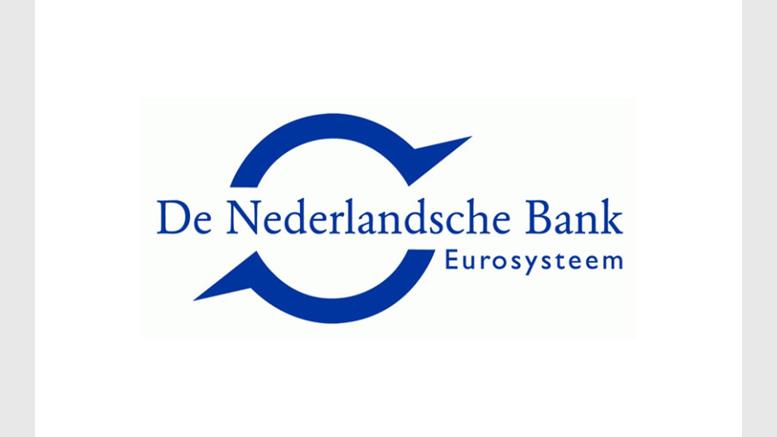
Dutch Central Bank Warns Banks and Payment Institutions of Virtual Currency Risks
We've seen plenty of times central banks warn consumers of the risks of getting involved with digital currencies, but the Dutch Central Bank is taking a different approach. In astatement published on the central bank's website, De Nederlandsche Bank (DNB) is warning banks and payment institutions of the integrity risks that virtual currencies bear. The central bank points out that there exists a significant level of anonymity when it comes to digital currencies (like bitcoin, for example). The release (which is interestingly dated June 5, 2014) says (translated using Google): In....
Related News
The Dutch central bank (DNB) has issued a warning on bitcoin aimed at banks and other financial institutions in the country. Unlike most warnings issued by regulators and central banks across the globe, the Dutch warning does not address end-users of digital currency. Instead, the central bank clearly states that banks and payment institutions should be aware of integrity risks derived from processing transactions related to digital currencies. Anonymity bad for business? The warning (dated 5th June 2014) points out that digital currencies offer a high degree of anonymity so financial....
The Central Bank of Nigeria has issued a notice to financial institutions in the country, including banks, warning them of virtual currency transactions while effectively barring them from holding any reserves of virtual currencies. Contrary to some chatter making rounds that Nigeria has banned bitcoin, the Central Bank of Nigeria (CBN) has issued a circular among banks to urge vigilance with virtual currency transactions. Penned by Kevin Amugo, the bank’s Director of Financial Policy and Regulation, the regulatory authority sees risks inherent with virtual currency transactions, such as....
The Dutch central bank, De Nederlandsche Bank (DNB), has issued a warning on digital currencies such as bitcoin, saying that they "are unlikely to become a viable alternative for traditional currency in the foreseeable future". Recognising that digital currencies fall outside the bank's scope for regulation, the statement on the DNB website warns: "There is also no security in respect of funds received, ie no guarantee that balances will be returned following bankruptcy, and outstanding payments will be executed. No-one monitors whether virtual currency institutions have sound and....
Most of the details regarding this project remain shrouded for the time being, although we do know the Dutch central bank has been exploring blockchain technology for quite some time now. Although distributed ledgers hold a lot of potential to increase the current day-to-day operations, there is something alluring about the aspect of issuing one’s own digital currency. More and more countries around the world are starting the concept of digital currency seriously these days. The Dutch central bank is joining this growing list, as they seem to have concrete plans to issue a new digital....
The National Bank of Hungary issued a warning to its citizens about the potential dangers of virtual currencies on 19th February, calling the payment method "much riskier" than other electronic payment options such as credit cards. The central bank cited bitcoin specifically in its statements, which it said were meant to ensure current and future users had the proper knowledge before investing. Said the official release: "The Bank warns consumers to be extremely cautious." The National Bank of Hungary did acknowledge the benefits of virtual currencies, nodding to their anonymity, speed and....




